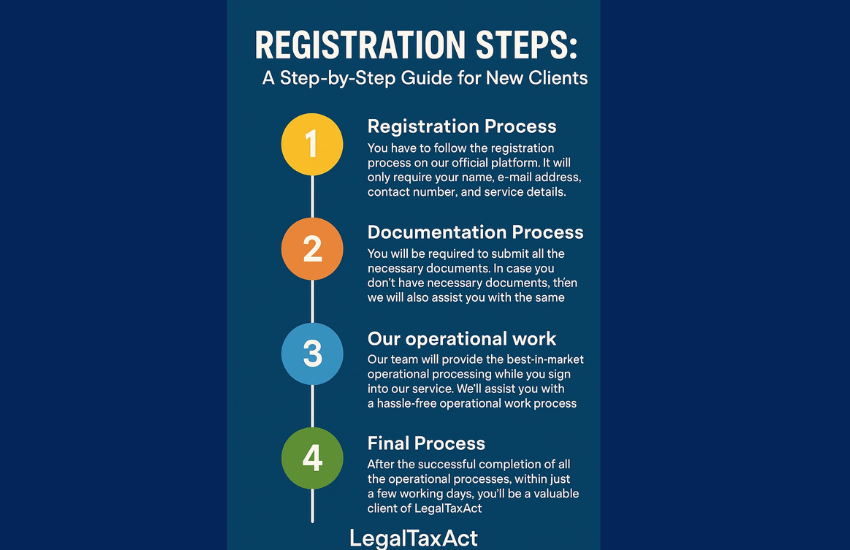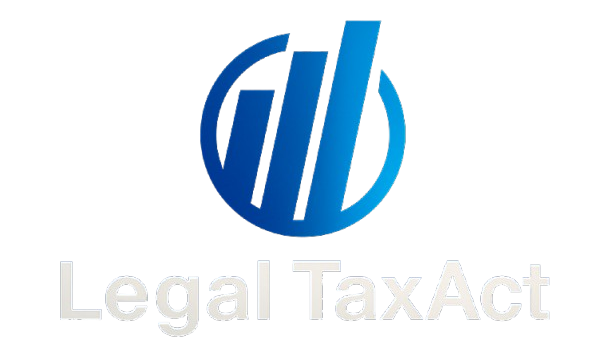Income Tax
According to the Income Tax Act, a taxpayer’s earnings are divided into 5 heads of income. At the end of each financial year, you must correctly classify your earnings under these heads of income for accurate tax calculation.
Book Service Now

5 Years
Of Experience

1100 +
Cases Solved

5 +
Awards Gained

4 k +
Trusted Clients

2 k+
Queries Solved
How to E-File Income Tax Returns

- Income from Salary
- Income from House Property
- Income from Profits and Gains from Business or Profession
- Income from Capital Gains
- Income from Other Sources

Income from Salaries
Amongst the 5 heads of income, the first head is ‘Income from Salaries’. Where an income is received by the employee from the employer, it is categorized under the head ‘Income from Salaries’. Section 15 to Section 17 of the Income Tax Act, 1961, deals with the provisions of computing income under the head salaries. The components of salaries include compensation, wages, allowances, and annual bonus received by the employee while on employment. Moreover, perquisites, gratuity, profit in lieu of salary, allowances, commissions, and other benefits also form a part of the salary. The deductions from salaries usually include professional tax, TDS, and contribution to the Public Provident Fund (PPF)
- Section 15 describes the taxability of income from Salary
- Section 16 explains about deduction available under salaries
- Section 17 explains the components of the Salary like Monetary compensation, Perquisites etc.

Few important exemptions allowed under the head salaries include:
Income from House Property
Section 22 to Section 27 of the Income Tax Act, 1961, deals with the Income from House Property. The income derived from renting out properties whether for residential or commercial purposes are categorized under the head ‘Income from House Property’. The property should be owned by the individual other than for business purposes. The tax on such income is determined based on components such as: standard rent, municipal valuation, and actual rent received.
Broadly Income from House Property has three sub-classifications
- Self Occupied Property
- Let out Property
- Deemed Let out Property

In case an individual has more than one self-occupied house, only one house will be treated as self-occupied for computing ‘Income from House Property’. The remaining houses will be treated as deemed to be let out and accordingly deemed rent will be determined on the same.
Income from Profits and Gains from Business and Profession
Income from Profits and Gains from Business and Profession
The ‘Income from Profits and Gains from Business and Profession’ includes income from trade, commerce, business, profession or vocation conducted by individuals, partnerships, or corporations. Section 28 to Section 44DB of the Income Tax deals with the computation of profits and gains from business and profession. Moreover, income from manufacturing, trading, self-employment, freelancing, consultancy, and professional services, are considered under the head income from business and profession. The profits and gains from business and profession is determined by subtracting business expenses, depreciation, and other allowable deductions from gross income.
The following types of income are chargeable under the head ‘Income from Profits and Gains from Business and Profession’:
- Profits from operating a business or trade.
- Income from the sale of goods or provision of services.
- Profits on sale of import license or duty entitlement.
- Cash assistance received under the Scheme of the Government of India by an exporter.
- Benefits or bonuses received in the course of business.
- Interest, salary, bonus, commission, or remuneration received by the partners from the partnership firm or LLP will be taxed in the hands of the partners under this head.
- Gains from speculative business activities or transactions.
- Any amount received under the Keyman Insurance Policy including the bonus on such policy.
Here are the types of income that are chargeable under this head:
- Profits generated from the sale of a certain license
- Gains earned by an individual during an assessment year
- The profits that an organisation makes on its income
- Cash received on the export of a government scheme
- The benefits that a business receives
- Gains, bonuses or salary that an individual receives due to a partnership with a firm.
Income from Capital Gains
The ‘Income from
Capital Gains’ represents the gains from sale or transfer of
capital assets like property, shares, mutual funds, bonds, and so on. Section
45 to Section 55A of the Income Tax deals with the determination of ‘Income
from Capital Gains’. The types of capital gains depend on the period of holding
of capital assets. Thereby, the tax treatment of each type of gain differs.
Now, you can subdivide capital gains
into
- Short-term capital gains and
- Long-term capital gains.
A long-term capital gain occurs when a capital asset is sold after 36 months from the date of purchase and is taxed at the rate of 20%. If the capital assets are held for less than 36 months, the gains are said to be short-term and are taxed at 15%. However, in case of securities, the holding period is 12 months for classifying the same under short-term and long-term. Thus, if securities are held for less than 12 months, the capital gains will be treated as short-term while those held for more than 12 months are considered as long-term.
Details of capital gains need to be disclosed in Schedule CG of your ITR form. If you are an individual, you will have to opt for ITR 2 or 3
Income from Other Sources
Section 56 to Section 59 of the Income Tax deals with the determination of ‘Income from Other Sources’. Incomes that do not fall under any of the above types, are included under the head ‘incomes from other sources’. The examples of incomes from other sources include: interest income from fixed deposits or savings accounts, gifts, dividends, royalty income, dividends, winning from lotteries and gambling, and so on. These incomes are added to the total income of the assessee and taxed at the applicable rates of taxes.
The heads of income are ways to classify the earnings or gains of an individual during a given year as per the Income Tax Act. This is necessary for taxation purposes. They are:
- Income from Salaries
- Income from House Property
- Profits and Gains from Profession or Business
- Capital Gains
- Income from other sources
On the other hand, sources of income for any person or business are monetary sources from which they can earn an income.
- Salary
- Interest
- Commission, etc.
In case of businesses, they are:
- Returns on investments
- Profits
- Grants from the government and more
